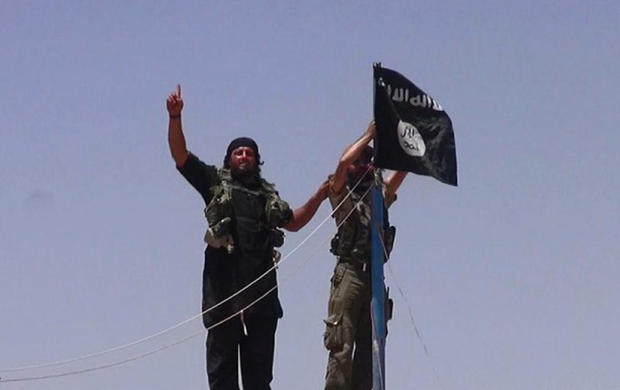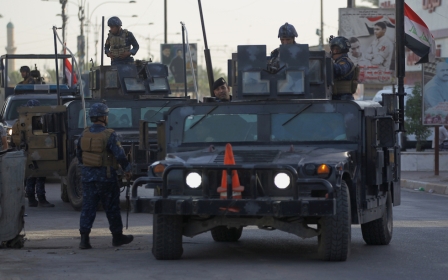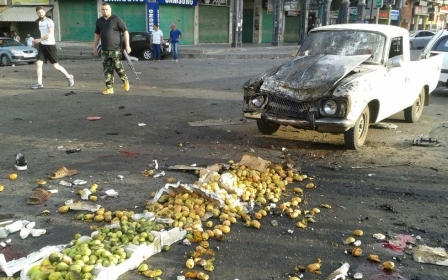US forces to stay in Iraq as long as needed to stabilise former Islamic State areas

US forces will stay in Iraq "as long as needed" to help stabilise regions once controlled by the Islamic State (IS) group, a spokesman for the US-led international coalition said on Sunday.
"We'll keep troops there as long as we think they're needed... The main reason, after ISIS (IS) is defeated militarily, is the stabilisation efforts, and we still need to be there for that, so that's one of the reasons we'll maintain a presence," Colonel Sean Ryan told a news conference in Abu Dhabi.
The Pentagon said last week that IS appears to be “well-positioned to rebuild and work on enabling its physical caliphate to re-emerge”, Voice of America reported.
In its latest intelligence estimates, the Pentagon put the number of IS militants operating in Iraq and Syria between 28,000 and 32,000, VOA said.
The number of American soldiers may decline, Ryan said, depending on when other forces from NATO deploy to help train the Iraqi army, he said, adding that about 5,200 US troops are currently based in Iraq.
NATO defence ministers agreed in February to a bigger "train-and-advise" mission in Iraq after a US call for the alliance to help stabilise the country after three years of war against IS.
"Possibly, there could be a drawdown, it just depends on when NATO comes in and they help train the forces as well," Ryan said.
Iraq officially announced victory over the militants last December, five months after capturing their stronghold of Mosul.
The US also has about 2,000 troops in Syria, assisting the Kurdish-led Syrian Democratic Forces (SDF) clear pockets still under the control of IS along the border with Iraq.
"We're starting to see a lot of collaboration between the SDF and ISF (Iraqi Security Forces), because it used to be that they would just come to the coalition, but now, we have them talking to each other as well," said Ryan.
The Iraqi military has carried out several air strikes against IS in Syria since last year, the last of which was a few days ago, with the approval of President Bashar al-Assad and the US-led coalition.
SDF operations to finish off the militants on the Syrian side have been delayed by hundreds of explosive devices planted by IS, according to Ryan.
New MEE newsletter: Jerusalem Dispatch
Sign up to get the latest insights and analysis on Israel-Palestine, alongside Turkey Unpacked and other MEE newsletters
Middle East Eye delivers independent and unrivalled coverage and analysis of the Middle East, North Africa and beyond. To learn more about republishing this content and the associated fees, please fill out this form. More about MEE can be found here.




